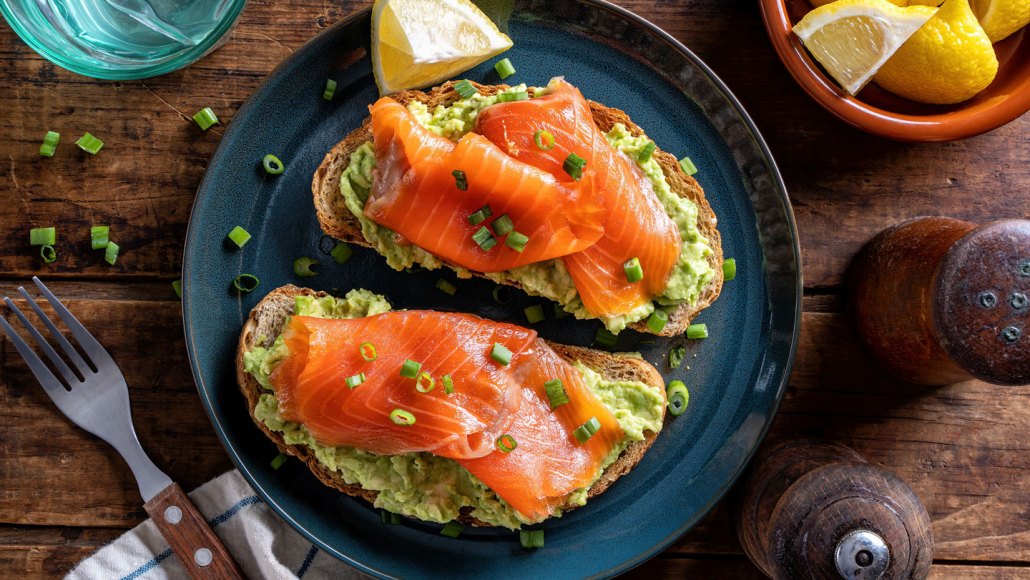These 5 nutrients might be lacking in your diet
Eating foods with vitamins D and E, fiber, calcium and magnesium could offer health benefits

Avocado and salmon on whole grain toast offers an assortment of essential nutrients, including vitamins D and E, fiber and magnesium.
Fudio/Getty Images







